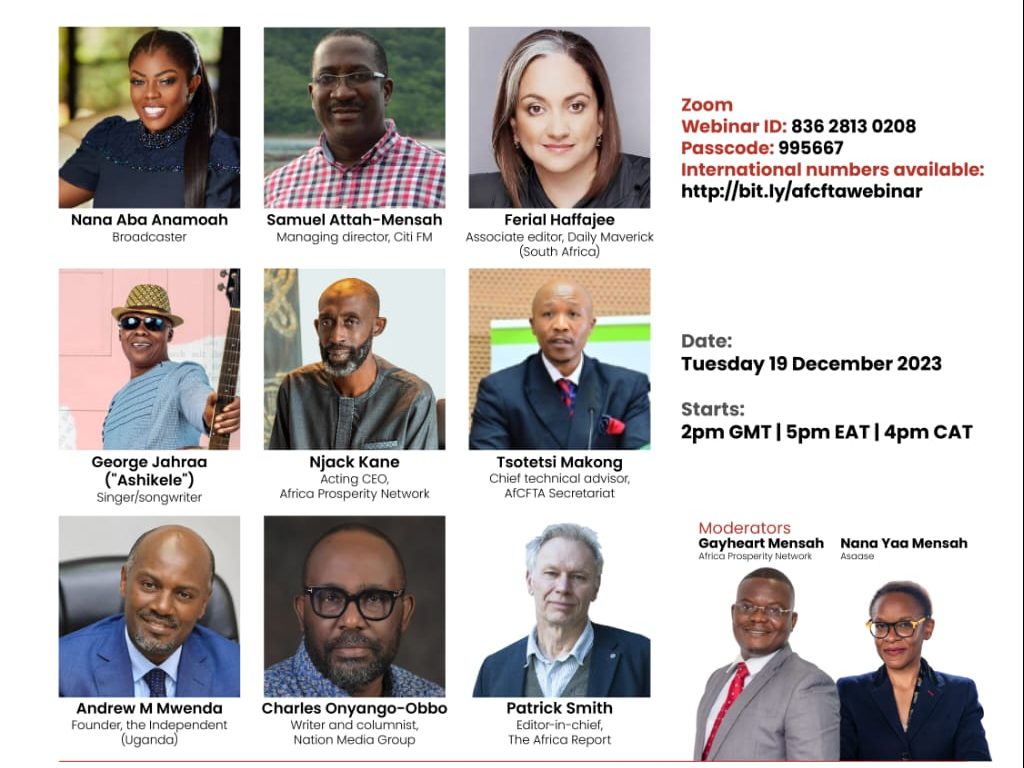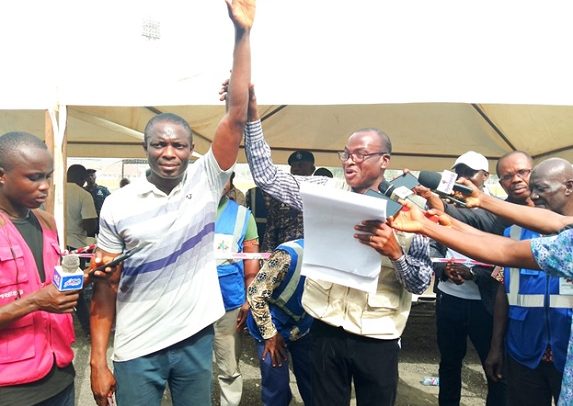
By J. P. FABRI (guest writer)
Following the discussion around my previous article on America’s aid freeze and the potential for a Stars and Stripes Initiative, one thing became evident—while external engagement remains crucial, Africa’s transformation will not come from aid or foreign investment alone.
What ultimately determines Africa’s trajectory is not the policies of Washington, Beijing or Brussels, but the continent’s ability to build strong institutions, enforce good governance and create the conditions for long-term, sustainable economic growth.
Aid cuts and shifting global priorities are signals that Africa must move beyond reactionary economic planning and toward a deliberate, institutionalised approach to growth. The continent has long been positioned as a recipient of global initiatives—whether Western aid programmes, China’s Belt and Road Initiative or the European Union’s Global Gateway.
But in a world of shifting geopolitical and economic priorities, Africa must establish its own vision for economic self-sufficiency, one built on strong governance, regional integration and value retention within key industries.
The limits of external support and the need for institutional reform
A recurring theme in the feedback I received was the question of whether Africa should continue to depend on external players to shape its development. The reality is that neither aid nor investment will be transformative unless accompanied by institutional reforms that enable long-term value creation. Too often, the economic benefits of foreign engagement—whether through trade, infrastructure projects or financial aid—fail to materialise fully because of governance weaknesses.
Take, for example, the African Continental Free Trade Area (AfCFTA), which has been hailed as a game-changer for intra-African commerce. While it presents a massive opportunity, the effectiveness of AfCFTA depends on institutional coordination, harmonised regulatory environments and trade infrastructure that allows businesses to scale across borders. Without these, Africa will remain fragmented; and the potential benefits of a unified market will go unrealised.
Similarly, in natural resources and agriculture, Africa continues to operate in a model where raw materials are extracted and exported with little value added domestically. Critical minerals like cobalt, lithium and rare earth elements—which are essential for the global energy transition—are mined in Africa but refined elsewhere, leaving the continent with limited economic gains. Institutional capacity, industrial policy and investment in domestic refining and manufacturing are what will determine whether Africa captures more of the value chain or remains trapped in a resource-export model.
Economic reports and the reality of Africa’s growth path
Recent economic analyses have further emphasised that while Africa is the world’s fastest-growing continent by population, its economies lag in productivity and structural transformation.
Reports from the African Development Bank (AfDB) and the World Bank highlight that despite decades of aid and investment, Africa still struggles with low capital formation, weak industrial growth, and over-reliance on informal employment.
One of the key findings in these reports is the persistent financing gap for African businesses, particularly SMEs that have the potential to scale but lack access to long-term capital. Foreign investment often prioritises large-scale infrastructure projects or extractive industries, while local enterprises that could drive economic diversification remain underfunded. This is where strong financial governance, local capital markets and regional investment mechanisms must come into play.
Additionally, the reports warn that Africa’s debt burden is rising at an unsustainable pace, with some countries spending over 30 percent of their revenue on debt servicing. The failure to mobilise domestic revenue through tax reform, efficient public spending and anti-corruption measures limits the ability of governments to invest in their own economies.
From dependence to ownership: What must change?
Africa must take the lead in defining what it wants from external partners rather than being a passive participant in global economic strategies. This requires three fundamental shifts.
First, a commitment to institutional reform—governance must become an enabler of economic growth, not a bottleneck. This means strengthening public institutions, ensuring regulatory clarity, enforcing the rule of law, and reducing corruption. No investor—domestic or foreign—will bet on long-term projects if governance risks remain high.
Second, Africa must prioritise economic integration over geopolitical competition. Rather than aligning with one external power over another, African nations should negotiate as a bloc, ensuring that trade deals, investment agreements and financial mechanisms serve the continent’s interests first. The African Union and AfCFTA must move beyond policy frameworks to real, tangible economic coordination.
Third, the focus must shift from resource extraction to value addition. Whether in agriculture, mining or manufacturing, Africa needs to capture more of the supply chain by developing local industries that process, and export finished goods rather than raw materials. This requires industrial policy, investment in skills and infrastructure development that prioritises African businesses.
The role of global partners in supporting Africa’s self-sufficiency
The role of external partners should not be dismissed, but it must evolve. Instead of dictating Africa’s development path, the U.S., China and Europe should focus on supporting Africa’s institutional strength, financing mechanisms and economic sovereignty.
Initiatives such as the Stars and Stripes Initiative—if it materialises—must go beyond investment and address Africa’s need for technology transfer, skills development and industrial finance. Likewise, China’s engagement must shift from extractive trade relationships to genuine industrial partnerships. Europe, too, must recognise that beyond development aid, Africa needs market access, technology collaboration and financial inclusion strategies.
Africa’s moment of decision
The past decades have seen Africa positioned as an arena for global competition rather than as a central player in shaping its own economic future. However, the coming years present a critical window for change. As aid structures shift and investment flows adjust, Africa’s leaders must decide: Will the continent continue to react to external forces, or will it set its own economic course?
Africa’s transformation is not about choosing between the U.S., China or Europe—it is about building the institutions that allow Africa to be a master of its own destiny. Economic sovereignty is not given; it is built. And if Africa is to truly take charge of its future, the time to act is now.

>>>the writer is an applied economist and Africa-focused entrepreneur. He can be reached via [email protected]
The post Breaking the cycle: Africa’s push for economic sovereignty appeared first on The Business & Financial Times.
Read Full Story





















Facebook
Twitter
Pinterest
Instagram
Google+
YouTube
LinkedIn
RSS